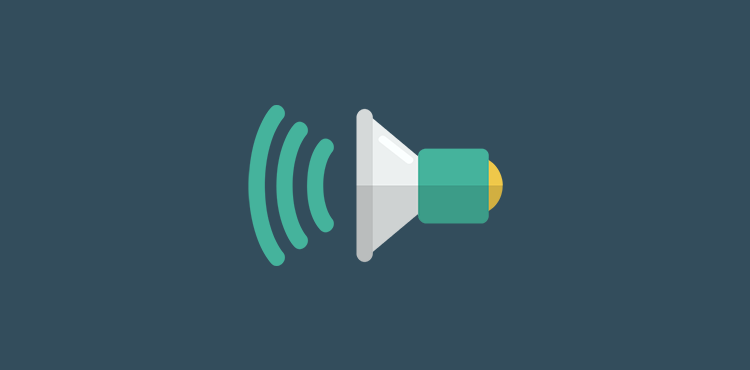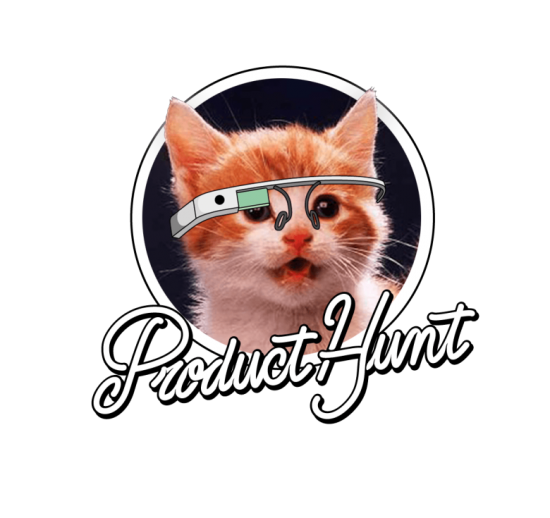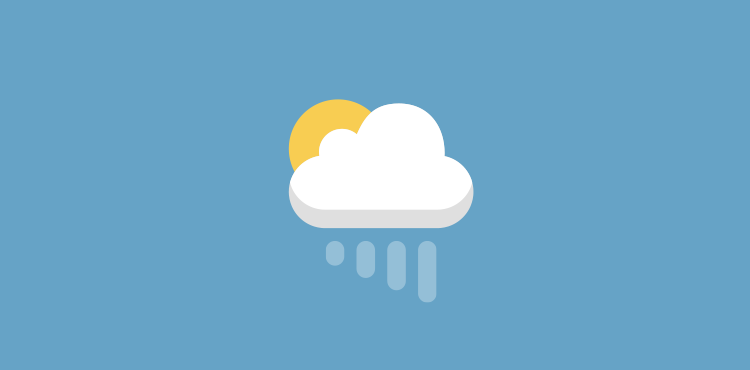Previously responsible for strategic planning, business intelligence, business operations, and venture integration for all Microsoft products, Corley Hughes joined the Product Hunt team at the start of 2015 in Operations.
We speak to Corley about what the culture is like at Product Hunt, and how to keep a remote team just as engaged as their San Francisco based core team.
We’re big fans of Product Hunt, and huge fans of how startups create a culture of innovation and teamwork. This interview is exciting, in that we get to mix both interests in the one article.
Thank you so much for your time, Corley. You’ve gone from a massive organisation like Microsoft, to the smaller start-up of Product Hunt. What’s the immediate differences you notice in that transition?
My daily existence is living and breathing the differences between a large, publicly traded company and a small, early stage private company. Everyday is unlike my days at Microsoft and on Wall Street. Every experience is unique. That being said, I find that my Microsoft experience gives me an appreciation of scale. It also makes it easier and faster for me to adjust, plan and keep perspective.
In terms of some of the specific differences:
- Email to Slack. I just took my first vacation since joining Product Hunt and I have to admit, it is easier to both disconnect and reconnect using Slack.
- GenX and Boomers to Millennials. The way generations think, act and what they value is fundamentally different. It’s one thing to read about it and another to live it day-to-day with them.
- Noise to output ratio. This is something I’ve been thinking more and more about. How much do people talk versus deliver or move work forward. In a larger company that ratio is fundamentally different from what you need at a start-up. Personally, I like the velocity of output at a start-up, but not everyone is suited to work in that way.
The culture at somewhere like Microsoft would be fairly mature I imagine. Whereas Product Hunt, being so young, would still be evolving.
Company culture should never be static, it should always be in a state of evolution. As a team or company grows so should the culture.
At Product Hunt we are in the early stages of defining the culture. That means we are determining what characteristics we think are important and what we want to reinforce with the team versus those we believe to be less important or detrimental to the culture over time. This is a super important step in any team’s development. If you don’t take the time to have the conversation and set the course, then you have to be prepared for whatever happens.
I am a big believer that it is important to consciously set your direction – the results are always better. I’ve always been disappointed when I have not taken the time to do this step.

As part of your role, are you focussed in people ops at all?
Yes. I love the idiosyncrasies of people. And I love seeing people achieve more than they thought possible. So its fun to work with such an amazing group of people and do my part to help them to do great work!
Ryan famously spent the day at Philz Coffee shop before the team moved into Mint Plaza at the start of the year. What role do you feel the physical environment plays in creating a culture?
This is an interesting one as over half our team is remote. While remote teams are becoming more popular, most of my career I’ve managed remote teams – so I understand and appreciate the need for physical space, as well as, creating an environment that is inclusive of people in other locations, timezones and countries.
A physical environment needs to become a manifestation of the team. So at Product Hunt we don’t have offices, we don’t even really have conference rooms. We have open spaces, couches, and work side by side. We have one room that is closed off and that is a closet with a beanbag that is used for calls.
We also surround ourselves with things from makers and founders from all over the world. We love getting notes and things from different people that we’ve impacted, so we display those items as a reminder of why we work everyday.
With remote team members, and a central hub of staff, how do you make sure the remote workers are kept up to date, and feel included in the ‘Product Hunt team’?
Slack.
Ensuring that remote team-members feel like part of the team is and will be something we always have to be mindful of. In order to create a culture that is inclusive, we start each week with a company stand-up. This is when we all get together and talk about things we are building, shipping or doing. The time is sacred, we do not schedule over this time. And we use video, so you can see people’s faces. THIS IS IMPORTANT. Over 90% of communication is non-verbal.
We also have team-members come to the HQ and spend time working together IRL. This important to build trust, and frankly to get to know each other on a personal level. In November we are bringing in all of the community team for the first time, we are all looking forward to having everyone in the office. It will create an incredibly vibrant dynamic.
The other thing we do is try to pay attention and learn about the people in the team. Meaning we know that Korbin has a hairless cat, Emily watches the Bake-off and Rado loves Super Duper. Just because someone is remote it does not preclude you from getting to know them on a human level.
If you had launched a start-up, and starting to build a team, what are a few things you would do to create the right culture?
Part of the reason I wanted to join a company at the stage of Product Hunt is that I wanted to be part of the foundational team that was building the culture. In other words, we are in the thick of working on this right now, so I’m doing all of the things I would do if I had launched Product Hunt. I’d have it no other way!
Thank you so much for your time with us, Corley, and all the best with yourself and the PH team; we look forward to speaking again in the future.
Summary
Whilst the team may only count 25 people, these folks have managed to create such a fantastic community and startup resource in just a few years. The passion of Ryan Hoover, the founder, is apparent in everything they do, and with such talent attracted to working with him, such as Corley Hughes, we’re keen to watch as their internal culture develops, and the Product Hunt brand grows.




